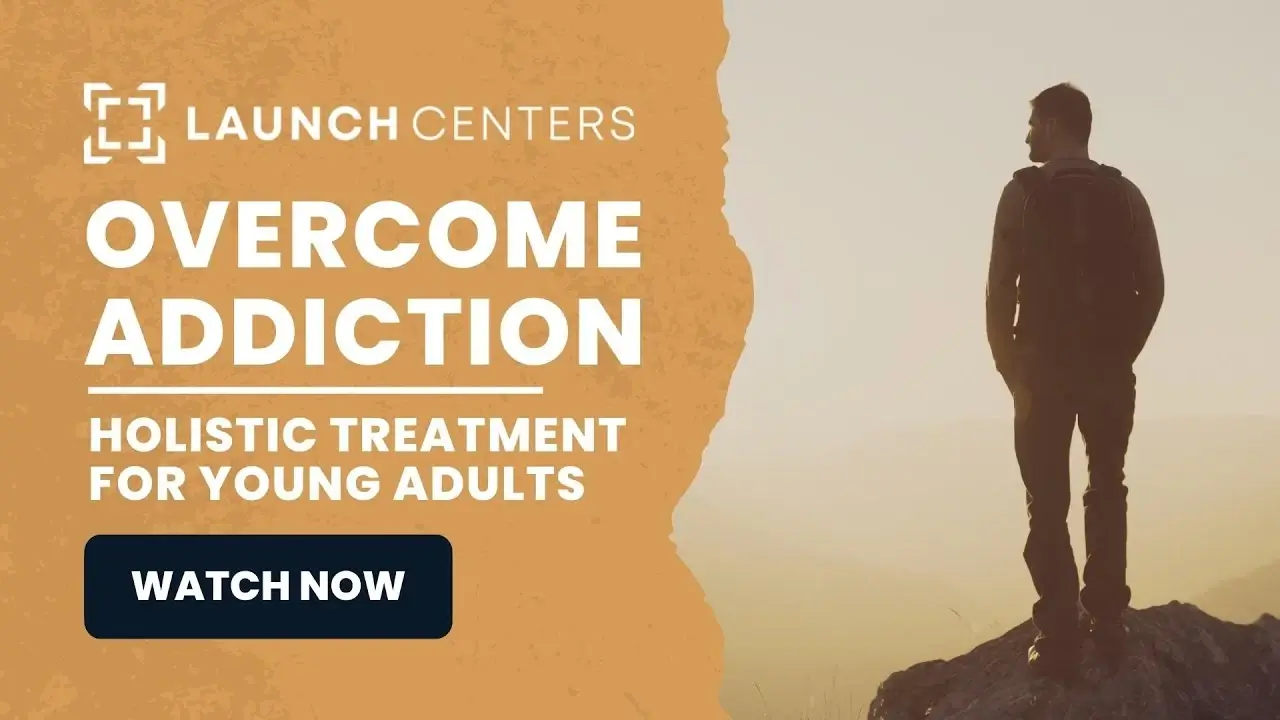
Polysubstance Abuse Treatment In Los Angeles

Polysubstance Abuse
Polysubstance abuse means purposefully or accidentally mixing different substances, also known as combined drug intoxication or multiple drug intake. While this form of substance abuse is commonly associated with the misuse of multiple illegal drugs, like cocaine, heroin, or methamphetamines, it also includes the misuse of prescription medications in nonmedical situations, like oxycodone, codeine, Adderall, or Xanax.
When multiple drugs are taken simultaneously, the effects of one substance can be masked by another and can cause or worsen physical and mental health issues. Launch Centers is proud to offer addiction treatment programs for young adults struggling with polysubstance abuse in Southern California.
Most Common Combinations
Alcohol is the most common substance combined with prescription and illicit drugs, usually to achieve a “stronger” high or counteract the effects of another drug. The most common combinations include:
Alcohol and prescription drugs:
According to a study conducted at the University of Michigan, individuals dependent on alcohol were 18 times more likely to report misusing prescription opioids like Vicodin, Percocet, and OxyContin. It’s commonly mixed with stimulants such as Ritalin and sedatives or benzodiazepines like Xanax and Valium. Many people also take sleeping medications together with alcohol in an attempt to fall asleep more rapidly.
Alcohol and cocaine:
When someone who uses cocaine also drinks alcohol, the level of cocaine in their body can rise by about 30 percent. This combination produces a psychoactive substance called cocaethylene, which remains in the blood for a longer period. Additionally, a person may end up consuming more alcohol because cocaine can make them less aware of the effects of alcohol.
Opioids and cocaine:
Opioids depress the central nervous system, while cocaine stimulates it. Users may try to combine these drugs to counteract negative effects, such as using opioids to calm the body after cocaine use. However, this masking effect increases the risk of overdose and complications.
Opioids and benzodiazepines:
When these central nervous system depressants are combined, it can rapidly lead to respiratory depression, which has the potential for a fatal overdose. Insufficient oxygen flow to the brain can cause permanent damage, impairments, or even death. Additionally, older individuals who use benzodiazepines may experience slower metabolism of these drugs, increasing the risk of respiratory complications.
Prescription and illicit drugs:
Polysubstance misuse encompasses the misuse of various prescription drugs, including cold and cough medicines. For example, high doses of the cough suppressant dextromethorphan (DXM) can cause hallucinations, while cough syrup containing promethazine-codeine has an antihistamine that induces sedation. According to the National Institute on Drug Abuse (NIDA), these medications are often misused with alcohol or marijuana.
Dangers of Polysubstance Abuse
Mixing stimulants:
Combining stimulants can significantly elevate heart rate and blood pressure, putting individuals at a higher risk of brain injury, liver damage, heart attack, and stroke. Signs of use or overdose when combining stimulants may include fast or troubled breathing, increased body temperature, nausea or vomiting, chest pain, and seizures or tremors.
Mixing depressants:
Combining different depressants, such as opioids (heroin, morphine, oxycodone, hydrocodone, fentanyl) and benzodiazepines, can be extremely hazardous as they can significantly slow down breathing and worsen and cause brain and organ damage, overdose, and even death. Signs of use or overdose when mixing depressants may include slow breathing, weak pulse, altered mental status or confusion, and loss of consciousness.
Mixing stimulants and depressants:
Combining stimulants and depressants doesn’t create a balancing or canceling effect. Instead, the outcome of mixing these drugs is unpredictable and can alter or even hide the effects of both substances. This can deceive individuals into believing the drugs are not impacting them, increasing the risk of accidental overdose.
Mixing alcohol with drugs
Drinking alcohol while using other drugs isn’t safe. Alcohol is a depressant with similar effects to other downers. Mixing alcohol with other drugs can increase your risk of overdose and serious damage to the brain, heart, and other organs.
Polysubstance Addiction Treatment At Launch Centers
Launch Centers is dedicated to helping individuals struggling with polysubstance abuse overcome their substance use disorder through evidence-based and holistic health methods. We combine mental health-focused individual therapy methods with addiction treatment plans to help clients identify the underlying reasons behind drug addiction. This includes exploring traumatic experiences, emotions, and relationships that weigh on mental health and wellness. Call our treatment center today to learn about our different treatment options, including partial hospitalization and outpatient programs.





